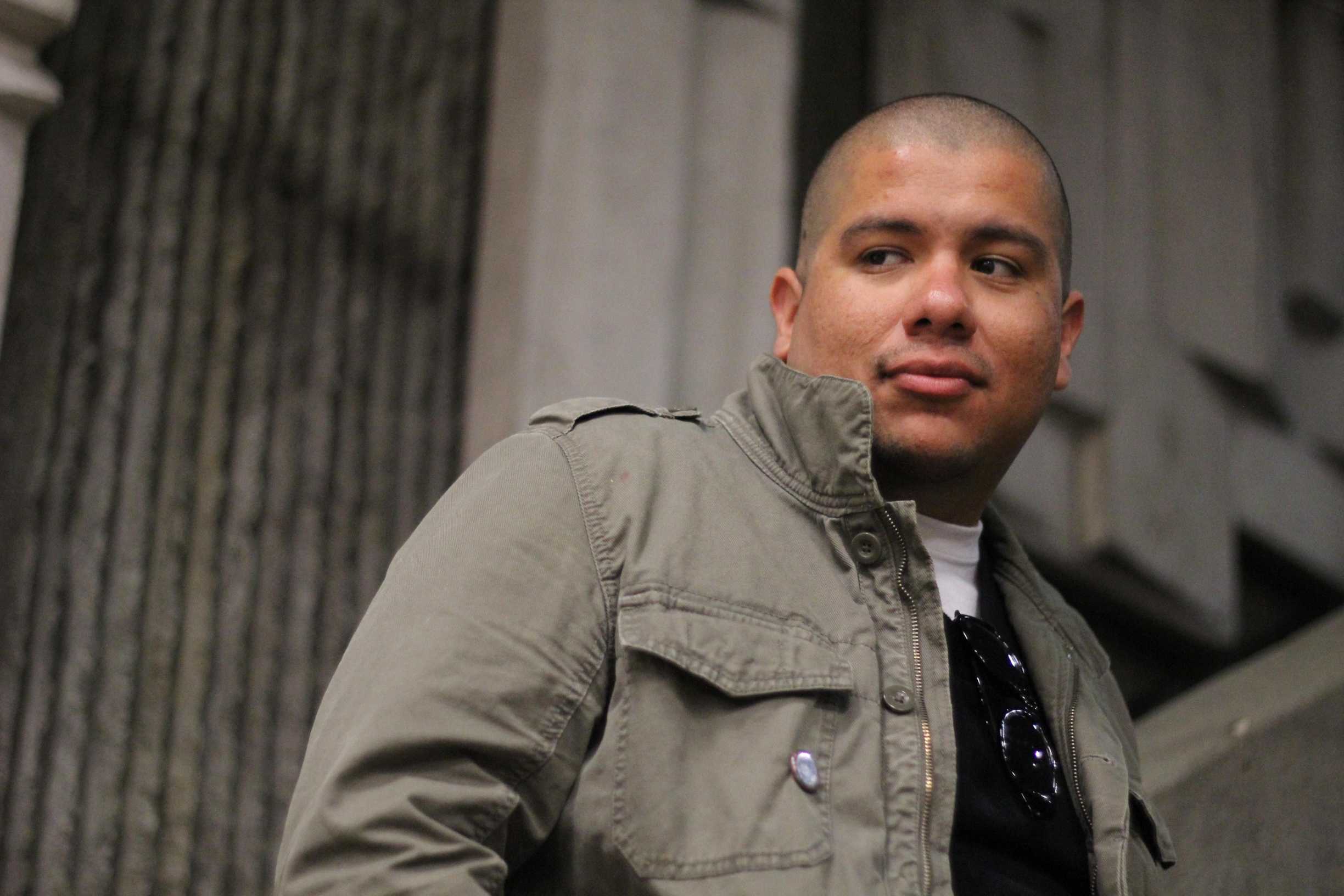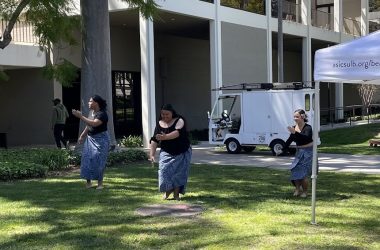To illegal immigrant Julio Salgado, the days of lingering potential deportation and hiding in plain sight now seem to be things of the past.
Salgado, 28, is a Cal State Long Beach alumnus. His family came to California from Mexico when he was 11, and they had to overstay their visa because Salgado’s little sister needed a kidney transplant.
He has lived here ever since. Salgado calls California home, but he described President Obama’s policy change on illegal immigration as “bittersweet.”
“We can now be seen as citizens in the eyes of the country, but a lot of people who have been fighting for this since 2001 won’t receive the benefits because they are over the age limit,” Salgado said.
The new administrative action, announced by Obama on Friday, temporarily halts deportations of people under 30 who live here illegally but are in school or the military, have no criminal records and meet other related criteria. It also allows this group to attain work permits.
The terms of the action are different from the DREAM Act, which fell apart in Congress in 2007.
Salgado believes the upcoming election factored into Obama’s decision to push the administrative action forward.
“He promised to do a lot of other things … he has great talk,” Salgado said. “At the end of the day, what are the actions? What are the results?”
However, 23-year-old Diana Cardenas, another undocumented immigrant and CSULB alumna, is convinced that the policy change is more than just political gamesmanship.
“This is exactly what we wanted after the DREAM Act fell apart,” Cardenas said. “It was no coincidence it happened now. We have to give credit to what was done in the background.”
Cal State University Spokesman Erik Fallis said the CSU has long supported initiatives like the DREAM Act because it believes those who have earned college degrees have earned the right to contribute to the workforce.
“What they do to their communities and the economy is a benefit to all of California,” Fallis said.
While the decision has received some praise, it has also faced its share of criticism.
Rep. Ben Quayle (R-Ariz) has introduced the “Prohibiting Back-door Amnesty Act of 2012″ legislation in response to Obama’s administrative action. Quayle’s legislation would block the action, which he said,”ignore[s] our nation’s laws.”
Norma Chinchilla, a global studies professor at CSULB and director of the Long Beach Immigrant Rights Coalition, said she could not hold back her tears when she heard the news.
“I’ve had students who graduated top of their class, and now they’re washing dishes,” Chinchilla said. “It’s a waste of talent.”
Though many undocumented immigrants choose to remain inconspicuous, Salgado said he felt it necessary to step out of the shadows to raise awareness on the issue, even if that meant putting himself in harm’s way.
“We use videos and humor to tell people what it’s like to be undocumented,” said Salgado, “but we want others to tell their stories.”
Chinchilla, who knew Salgado during his career at CSULB, said she initially feared for him when he went public with his identity.
“I didn’t think it was the right thing to do,” Chinchilla said. “Now, I understand that is exactly what has made this movement so strong. Any social changes require people willing to take risks.”




